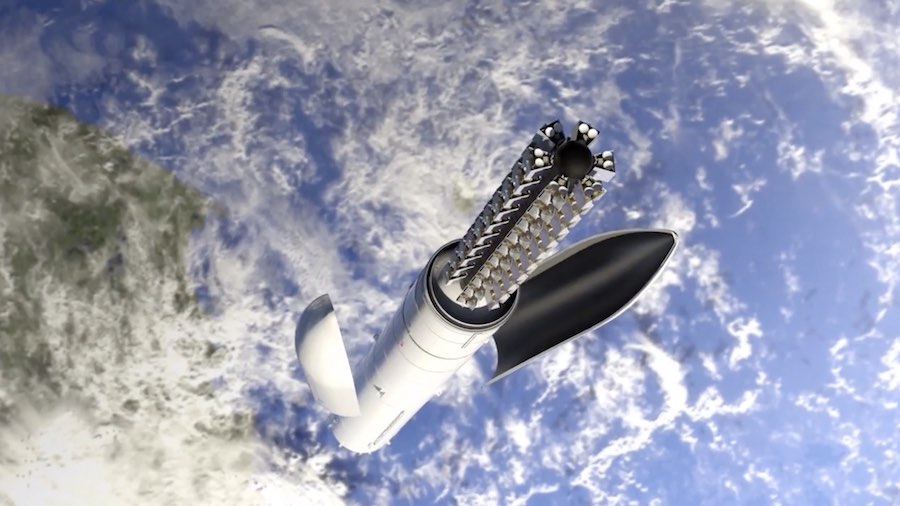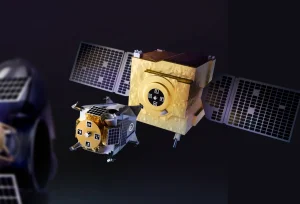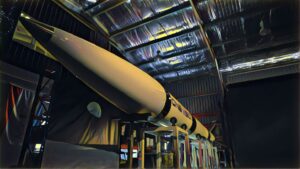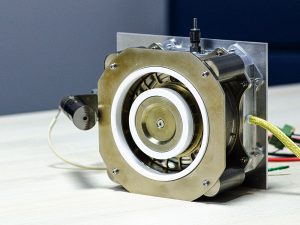3 UK Companies Will Work with OneWeb on Beam-Hopping Satellites
28th May 2021
A group of UK aerospace companies led by OneWeb has come up with an idea of a beam-hopping satellite – an innovative tech that may change the way we use satellites. This development will allow spacecraft to switch between Earth’s parts that need coverage, ensuring real-time management of various commercial, emergency response, and government tasks. The project has already received £32 million from the UK Space Agency as part of ESA’s Sunrise Programme.
More Participants & Their Role in Satellites Development
Besides OneWeb, several other UK companies will be working on a beam-hopping satellite tech funded by ESA’s Sunrise Programme. SatixFy, headquartered in Farnborough, will design the pilot payload system. Out of the total £32 million grant, SatixFy got the largest share – £25 million.
Edinburgh-based Celestia UK will be responsible for the ground segment and should develop a multibeam antenna with an electronic control system. For this development, Celestia is entitled to £4.4 million of the total funds.
One more participant on this list is Astroscale UK, stationed at Harwell Campus, Oxfordshire. This company will design systems for de-orbiting satellites and has been granted almost £2.5million by the UKSA and ESA. This company’s main contribution is to ensure sustainable space use while removing any non-operational devices from orbit.
All companies are excited about this collaboration opportunity because the beam-hopping satellite project can revolutionise the way we use satellites and respond to challenges.
OneWeb & Its Progress with Satellites Constellation
OneWeb, with its partners’ support, should create a constellation of satellites in LEO. To date, the company already has 182 satellites in its constellation for broadband Internet. Another batch of 38 satellites were deployed on 27th May. The end goal is to have 648 satellites in LEO, so OneWeb does have some work ahead. By 2022, OneWeb satellites should ensure Internet connectivity in the Arctic region.






Thank you for your comment! It will be visible on the site after moderation.